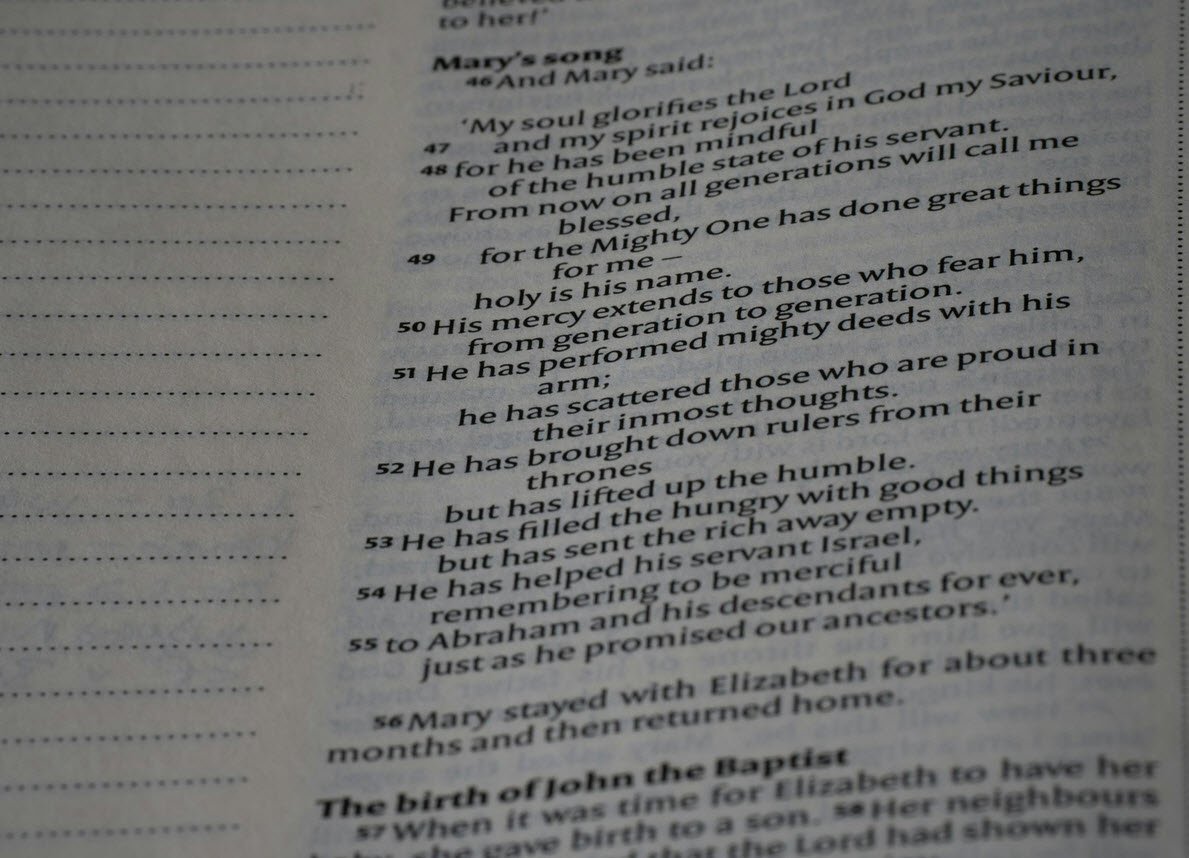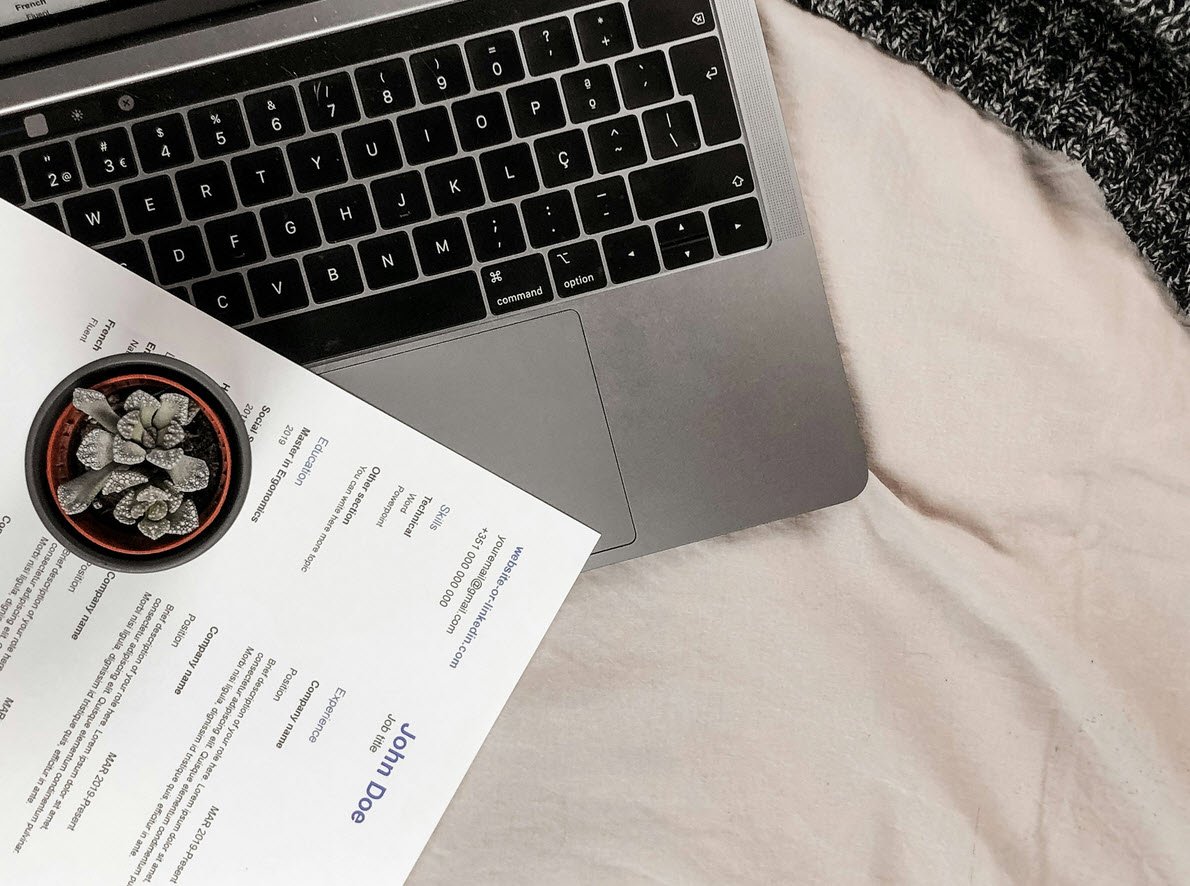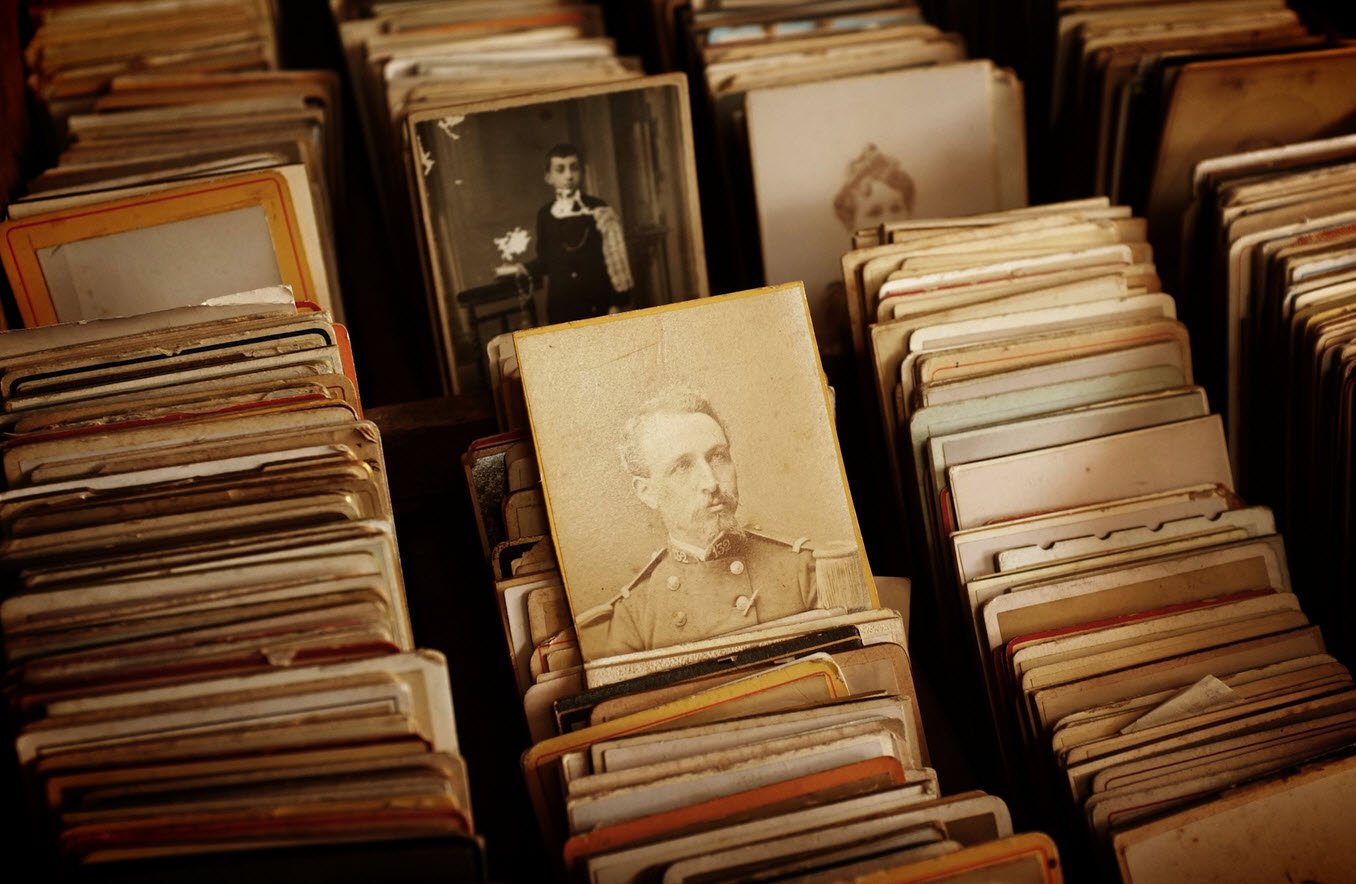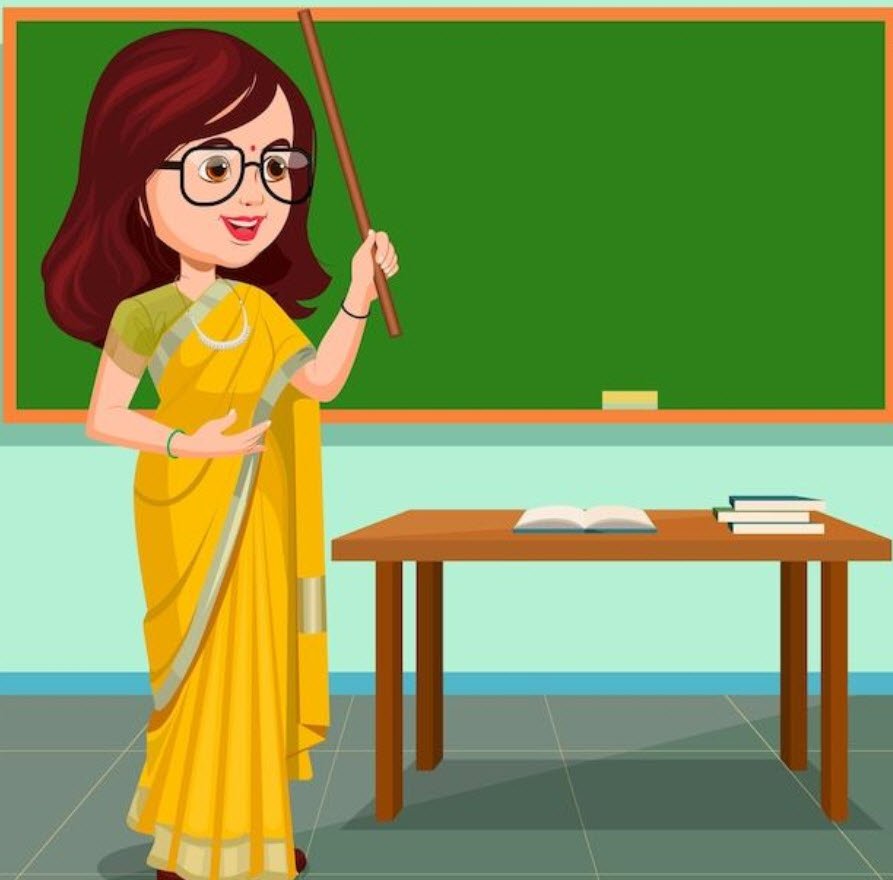
An IELTS speaking test is the same for both the Academic and General Training modules. It is different from other parts of the IELTS test because it is a one-to-one interaction between a candidate and an examiner.
This test is the shortest of the components of the IELTS test (11-14 minutes) and in this short time, you have to convince the examiner who will be speaking with you of your level of English. You have certainly practiced a great deal to prepare for your actual exam. You have also been exposed to a variety of materials, and have familiarized yourself with the format of IELTS test.
Also Read: 40 Commonly Used and Popular English Idioms
This article, therefore, does not aim at loading you with more practice materials on IELTS, but it will sum up the main questions so as to enable you to work out an effective plan to finally achieve your desired band score in the actual test you are taking.
- Who gave you your name?
- Does your name have any particular (or special) meaning?
- Do you like your name?
- In your country, do people feel that their name is very important?
- Would you like to change your name?
- Is it easy to change your name in your country?
- Who usually names babies in your country?
- Do you have any special traditions about naming children?
- What names are most common in your hometown?
- Do you work or are you a student?
- Is that a popular subject in your country?
- What are the most popular subjects in China?
- Why did you choose that university?
- What are your favourite classes/ courses/ subjects at university?
- What’s (the name of) your hometown (again)?
- Is that a big city or a small town?
- Please describe your hometown a little.
- How long have you been living there?
- Do you like your hometown?
- Do you like living there?
- What do you like (most) about your hometown?
- Is there anything you dislike about it?
- Do you think you will continue living there for a long time?
- What kind of housing/accommodation do you live in?
- Do you live in a house or a flat?
- Who do you live with?
- How long have you lived there?
- Do you plan to live there for a long time?
- What’s the difference between where you are living now and where you have lived in the past?
- Can you describe the place where you live?
- Which room does your family spend most of the time in?
- What do you usually do in your house/flat/room?
- Are the transport facilities to your home very good?
- Do you prefer living in a house or a flat?
- Please describe the room you live in?
- What part of your home do you like the most?
- What’s the weather like today?
- What kind of weather do you like (best)? (Why?)
- What’s your favourite weather? (Why?)
- What do you usually do during your favourite weather (or season)?
- What’s the weather (usually) like in your hometown?
- Do you like that weather (or, that kind of climate)? (Why? /Why not?)
- How often is the weather good in your hometown?
- What did you do the last time the weather was good?
- Are there any bad points about the weather in your city?
- What is the typical weather in China like?
- Have there been any changes in the weather over the past few years?
- Does the weather ever affect what you do?
- How does the weather affect people (or, you)? (If yes, how?)
- How do you feel when the weather is cloudy?
- Do you always pay attention to the weather forecast?
- Can you give any examples of unusual weather?
- Do you like snow? (Why?)
- Would you prefer to live in a place that has just one, warm season that lasts the whole year or a place with different seasons?
- Do you think its Important to be on time?
- How do you feel when others are late?
- Are you, yourself, late very often?
- How do you feel when you are late?
- How do you think you could be on time?
- Do you wear a watch?
- When does time SEEM to move fast, and when does it SEEM to move Slowly?
- If you could go back in time, what would you do differently?
- How much TV do you (usually) watch?
- What’s your favourite TV programme?
- Did you watch much TV when you were a child? (How much?)
- What (types of) programmes did you watch when you were a child?
- Do you think television has changed in the past few decades?
- (Possibly) Do you think television has changed since you were a child?
- Has television changed your life in any way?
- Are there many (or, any) museums in your hometown?
- Do you think museums are useful for visitors to your hometown/country?
- Do you often visit a museum?
- Did you go to any museums when you were a child?
- When was the last time you visited a museum?
- Do you think museums are important?
- Do you think it’s suitable for museums to sell things to visitors?
- What public holidays do you have in your country?
- Do people in your country celebrate Christmas?
- Do you like public holidays?
- Which public holidays do you like the most?
- What did you do during the last public holiday?
- What do other people in your country usually do on public holidays?
- What would you like to do during then next public holiday?
- Do you think public holidays are important?
- Do you think there should be more public holidays in your country?
- Do you like to watch films?
- Do you prefer foreign films or Chinese films?
- How often do you go to a cinema or watch a movie?
- Do Chinese people like to go to a cinema to watch a film?
- What kinds of movies do you like best?
- What was the first film that you watched?
- What do you do in your spare time?
- What do you do to relax?
- How do you usually spend your evenings?
- What do you usually do after work/after classes?
- Do you prefer to stay at home in the evenings or do you prefer to go out?
- Do you think modern lifestyles give people enough time for leisure?
- Do you think people today have more time to relax than in the past?
- Do you think it’s important for people to have leisure time?
- Do old people and young people spend their leisure time in the same way?
- What do you think are the good points and the possible bad points about having leisure time?
- How do people in your country spend their holidays?
- Do you like to travel in your holidays?
- If you had a child, what leisure places would you go to with your child?
- Do you like to watch sports on TV?
- Do you play any sports?
- Do you have a favourite sports star?
- What’s the most popular sports in China?
- What kind of sports would you like to try in the future?
- Have you ever tried any dangerous sports?
- What’s your favourite vegetable and fruit?
- How often do you eat fruits?
- Are there any special fruits in your hometown?
- Should we eat vegetables every day?
- When did you start learning maths?
- Do you like maths?
- Who taught you maths?
- Who’s your favourite teacher so far?
- Is maths difficult for you to learn?
- Do you like to use a calculator?
- Do you like to watch the sky?
- What is the sky like at night in your hometown?
- Do you like to watch stars?
- Have you ever taken a course about stars?
- Is it important to study stars?
- What’s your favourite star?
- What clothes do you usually like to wear?
- Do/did you wear the same clothes at school and at home?
- Will you change your clothes when you go home today?
- Did you have any special clothes to wear when you where a child?
- Did you like them?
- How do you usually spend your weekends?
- In your country, do men and women usually do the same kind of things on weekends?
- When do you spend time with your family?
- What do you usually do on weekends?
- What did you do last weekend?
- What do other people in your hometown usually do on weekends?
- What are you going to do next weekend?
- Is there anything new that you’d like to do on weekends?
- Do you like working on weekends?
- Do you think employees should have to work on weekends?
- Do you feel that weekends now are more important to you than when you were a child?
- Do you like reading books? Why or why not?
- What (kinds of) books do you like to read?
- Did you read much when you were a child?
- What (kinds of) books did you like reading when you were a child?
- Do (young) children like reading books?
- For children, what do you think are the benefits of reading?
- What do you think are the benefits of reading to children?
- How many hours do you sleep every day?
- Is it necessary to take a nap every day?
- Do old people sleep a lot? Why?
- How to have a good sleep?
- Do you like to get up early in the morning?
- Can you sleep well if you are in a noisy environment?
- Do you like trees?
- Are there any important trees in your country?
- Is there a forest near your hometown?
- Would you like to live in a place that has a lot of trees?
- Where can one find trees (or forests) in your country?
- Do you think places with trees attract more visitors than places with few trees?
- Did you ever climb trees when you were a child?
- Have you ever planted a tree?
- Do you think more people should plant trees?
- Do you think we should plant more trees?
- Do you think trees are important?
- What would you say are the benefits of having trees?
- Do you think we need to protect trees?
- Do you often read newspapers?
- Which do you prefer reading, magazines or newspapers?
- What kinds of newspapers (or magazines) do you usually read?
- How old were you when you first started to read newspapers?
- Do you think it’s important to read newspapers? (Why? /Why not?)
- Why do you think people read newspapers?
- What different types of newspapers are there in China?
- Do you care about the news?
- Is the news important to you?
- What kinds of news do Chinese people read in newspapers?
- Do you prefer to read about domestic (or local) news or international news? (Why?)
- What are some methods that newspapers use to attract readers?
- What influence do you think newspapers have on society?
- Do you think the Internet is a good way to get news?
- Do you text someone if he doesn’t answer your phone?
- Is there any chance when texting someone is better than calling him?
- Have you ever had difficulty replying?
- How often do you send text messages?
- What do you remember to do every day?
- What helps people to remember things?
- Why do old people forget about things easily?
- Have you ever forgotten something important?
- How often do you like to hang out with friends?
- Who do you usually like to hang out with?
- Where do you like to go when you hang out with your friends?
- Do you like to go out with a big group or just few friends?
- Do you like travelling?
- In which seasons do you prefer to travel?
- Would you say your country welcomes travellers? (or tourists)?
- Would you say your country is a good place for travellers to visit?
- What’s the most popular means of transportation in your hometown?
- How often do you take buses?
- Can you compare the advantages of planes and trains?
- Is driving to work popular in your country?
- Do you think people will drive more in the future?
- Would you ride bikes to work in the future?
- What will become the most popular means of transportation in China?
- Do you prefer public transportation or private transportation?
- Do you write many letters or emails?
- Who do you usually write to?
- Do you prefer to write letters by hand or to use a computer?
- How often do you write an email or a letter?
- What are the differences between emails and letters?
- Is it hard to think of what to write?
- What kinds of letter/email do you think is the hardest to write?
- How do you feel when you receive a letter or email?
- What sorts of letters or emails are the most difficult to reply to?
- What kinds of emails (or letters) do you receive that make you feel excited?
- Which do you prefer to make a phone call or write an email?
- Do you think people will still write letters in the future?
- How do you communicate with others at work – by emails or is it more convenient to communicate face-to-face?
- Do you like snacks?
- What kinds of snacks are popular in your country?
- Do you think eating snacks is good for your health?
- Do you like to take photographs? (Why?)
- Do you prefer to take photos yourself or to have other people take photos? (Why?)
- How long have you liked taking photographs?
- How (Why) did you become interested in photography?
- How often do you take photographs?
- In what situations do you take photographs?
- What kind of photos do you like to take?
- Do you prefer to take pictures of people or of scenery?
- Who do you take photos of?
- How do you keep your photos?
- Do you keep your photographs on your computer?
- Are there any photos on the walls of your home?
- Do you frame (of have you framed) any of your photos? (If yes, which? & why?)
- Do you prefer to send postcards to people or to send photos that you took yourself?
- Do you like to help others?
- When was your last time you helped others?
- Did your parents teach you the importance of helping others?
- Have you ever refused to help others?
- Would you like to keep helping others in future?
- Do you like (to learn about) history?
- What historical event do you find most interesting?
- Do you think history is important?
- Do you like to watch programmes on TV about history?
- Do you think you can really learn history from films and TV programmes?
- Do you think the Internet is a good place to learn about history?
- Can you name a person from history who you would like to learn more about?
- Do you often write things?
- Do you write everyday?
- What do you usually write?
- Do you like writing to people?
- How often do you send e-mails?
- What are your main reasons for using e-mails?
- Do you like to send e-mails?
- Do you usually write by hand or write using a computer?
- Nowadays, how do most people write things?
- Do you think computers might one day replace handwriting?
- When do children begin to write in your country?
- How did you learn to write?
- Do you think handwriting is very important (nowadays)?
- How can children today improve (or, practice) their handwriting?
- What impression does a person’s handwriting have on other people?
- Do you often like to listen to music?
- When do you listen to music?
- How much time do you spend listening to music every day?
- What kinds of music do you like to listen to?
- What’s your favourite kind of music?
- How often do you listen to that type of music?
- When did you start listening to this type of music?
- Where do you listen to it?
- How do you feel when you listen to this music?
- Do you like listening to songs?
- Have you ever been to a musical performance?
- Have you ever learned to play a musical instrument?
- Is music an important subject at school in China?
- Did you often listen to music when you were a child? (If yes, give details.)
- What kinds of music are most popular in China?
- What’s your favourite colour?
- Are there any colours you dislike (Why?)
- Are colours important to you?
- Were colours important to you when you were a child?
- When you are buying something, is the colour important to you?
- Do you usually wear clothes in your favourite colour?
- Is colour very important to you when you are buying clothes?
- Do you prefer light or dark (or, bright) colours?
- Are there any colours that have a special meaning in your country?
- What colour would you choose to paint the walls of your room?
- Is there any colour you would not want your walls to be? (Why?)
- Do you think different types of people like different colours?
- Do you have a favourite teacher?
- Why do you like the teacher?
- How does (did) this teacher help you?
- Do you think you could be a teacher?
- Would you like to be a teacher?
- Do you like to be alone?
- What do you like to do when you are alone?
- Do you like to spend time with your friends or just stay at home on your own?
- When was the last time you were being alone?
- When was your last time worked with a team?
- Do you like to work or study with others or just by yourself?
- What’s the most important thing for teamwork?
- Do you like to be a leader?
- Would you like to live in the countryside in the future?
- What do people living in the countryside like to do?
- What are the benefits of living in rural areas?
- What are the differences between living in the city and the countryside?
- What kinds of social networking websites do you like to use?
- Are you a social person?
- What kinds of people do you like to make friends with on those websites?
- Is it good to find real friends on social network?
- How often do you like to hang out with friends?
- Who do you usually like to hang out with?
- Where do you like to go when you hang out with your friends?
- Do you like to go out with a big group or just few friends?
Many people preparing for the IELTS speaking test worry how they can finish what they want to say in the time available. The best way to get the timing right is to practice making short talks on above topics on your own.








